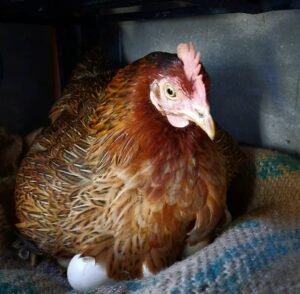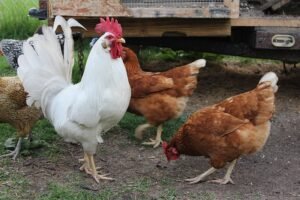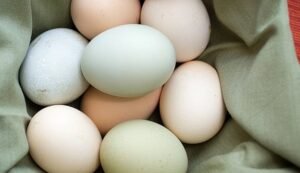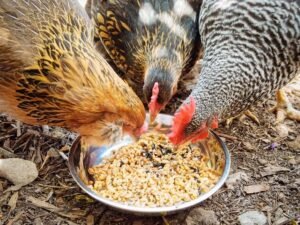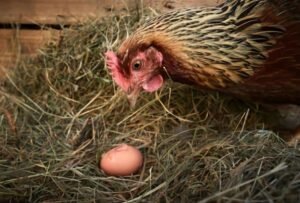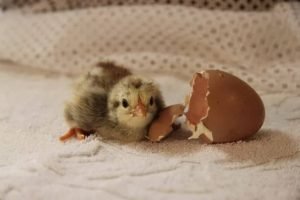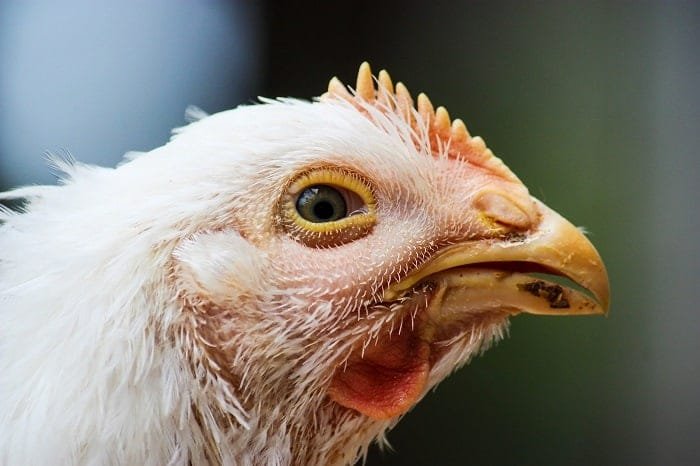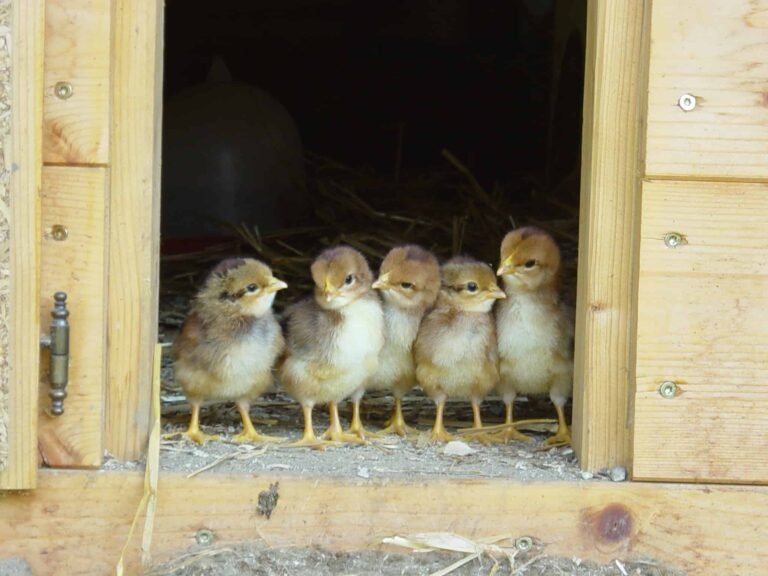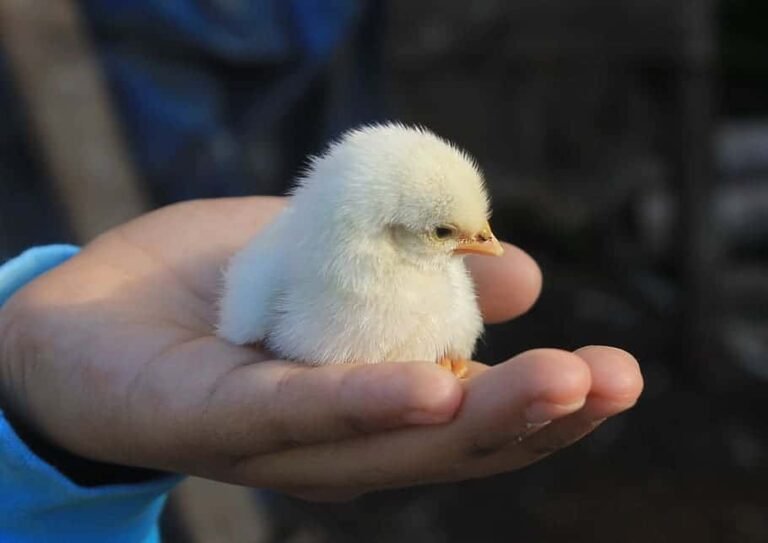List of Chicken Predators and How to Get Them Out of Your Chicken Coop.

When you hear those clucking sounds, flying and struggling in the coop, rush chicken predators must have invaded your coop. See how to get rid of them
One of the quickest and easiest ways to lose your flock is to have them attacked by chicken predators.
That’s a sequel you don’t want to experience.
What kind of predators goes after chickens?
Are chicken predators harmful?
How do I get them out of the coop?
Is there something you can do about chicken predators?
Absolutely!!!
We have engineered this piece to get you informed on the kind of predators that can scatter and kill your flock in minutes.
In detail, we explore how to identify and spot predators on your farm.
Also, we do not leave you without strategies on how to send them packing and how best to protect your flock.
Without further ado, let’s begin!!!
What are chicken predators?
Generally, predators are organisms or animals that primarily obtains food by killing and consuming another animal.
Predators prey on prey as food.
In this context, chicken predators are animals or organisms that inflict injury, kill or feed on your chickens.
Like they literally kill them and have them as lunch or dinner depending on the time of predation.
And for the records, that is something to watch out for.
What kind of animals prey on chickens?
Literally, any carnivorous or omnivorous animals have a tendency of being a chicken predator.
And surprisingly, chicken predation can come from your pets.
Many farmers are at loss as to how this could happen.
Therefore, there is a need to know what can prey on your flock and how to forestall it.
13 Chicken predators that can attack your flock.
#1. Hawks:
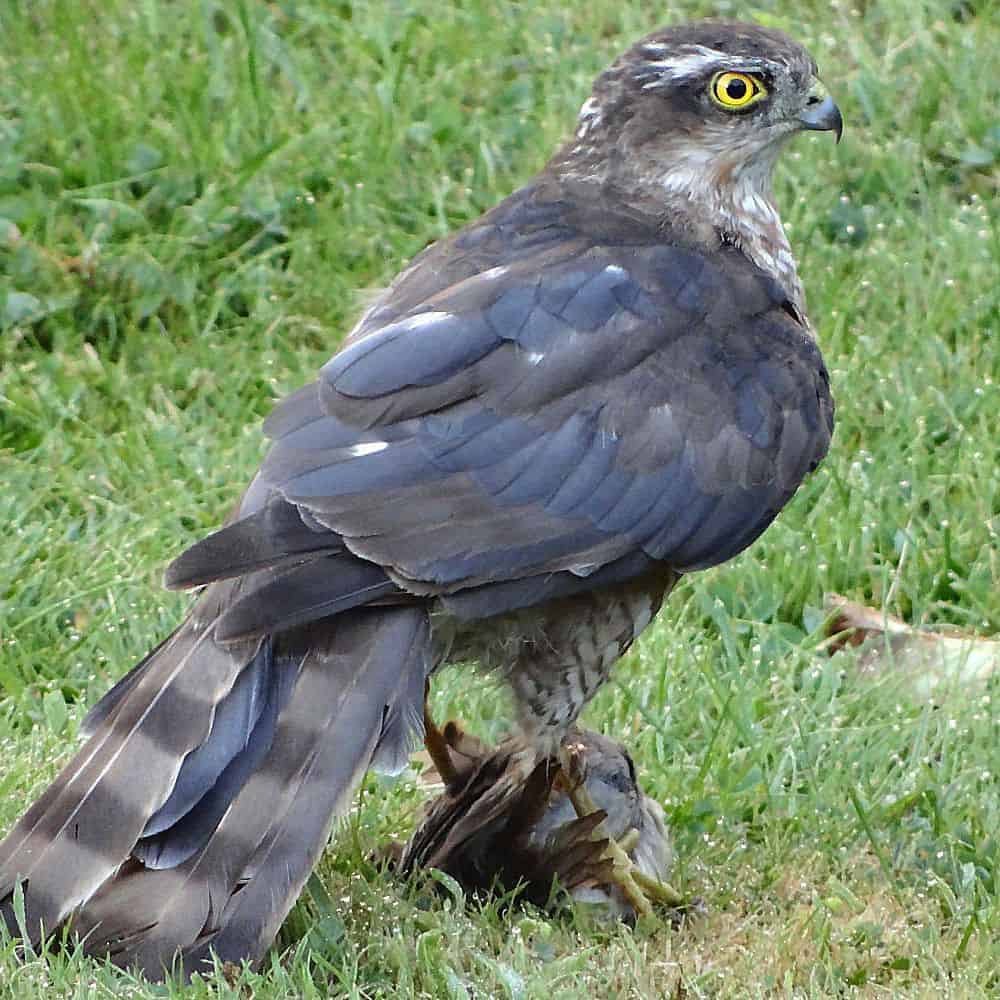
If you’ve ever noticed a Hawk hovering around your coop, they are out to hurt or cart away with your bird.
Hawks are one of the top chicken predators.
With their size, they can kill bantams or full-sized chickens like the Australorps.
Hawks have excellent eyesight, this makes it easy for them to spot their prey from two miles away.
Because they are swift and agile flyers, they can fly into an open barn or coop with ease.
Key signs of a Hawk attack
- Loose feathers scattered around the coop.
- Hawks leave dead chickens with their bodies half eaten.
- And most times, they leave no clues, off they go with your birds.
Prevention.
- Keep your chickens locked up in a secure and covered pen.
- Cover your run with aviary netting.
- You can run their flight paths with stringing plastic tapes or ropes.
- To keep your chickens from the hawk, plant bushes around the yard. This provides cover and shade.
- Also, you can put a scarecrow.
#2. Cats:

Cats?
Yes, cats are chicken predators.
They may not have the guts to attack aggressive and fully grown chickens, and will certainly manhandle your day-old chicks.
Key signs of cat predation.
- Cats will only eat the chicken body and leave the wings and feet.
- Also, you will know that a cat is the predator if it leaves the internal parts of the chicken behind.
Prevention
- Keep them trapped and far away from the coop if they are your pets.
- Also, secure your coop and ensure it’s always locked when the cat is on a spree.
#3. Humans:
I bet you didn’t know that you were part of the chicken predators.
Maybe not “you” literally but humans can steal, kill and inflict injuries on birds.
On the other hand, they can resort to stealing your chicken eggs.
Key signs of human predation
- Missing chickens.
- Usually, humans do a clean job of not leaving any signs of feathers or blood in the coop and surrounding area.
Prevention
- Use sturdy locks to secure your coop.
- If you can, set up security cameras, audible alarms and electric fencing especially if you have a large farm.
#4. Weasels and family:
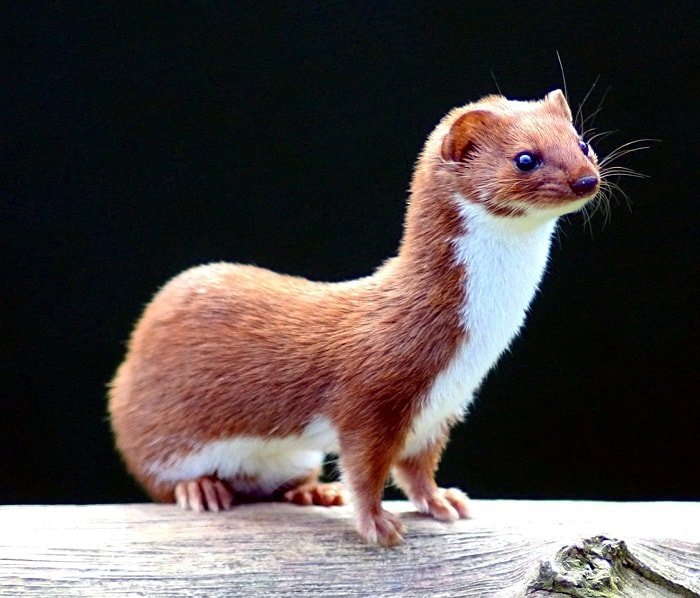
The weasel family is one of the most common chicken predators with a size like that of a house cat.
Usually, they cannot attack a well-secured coop.
The attack is more difficult if humans live around the coop.
That’s why they are on the lookout for free-range chickens.
If you have Speckled Sussex chickens, you might want to keep an eye on them because they love to forage.
Key signs of weasel predation.
- Faint musky odor
- Bodies neatly piled.
- Weasels will bite off the ends of birds.
- Also, they will pull internals will be pulled out.
- Multiple small bites on head, neck and body.
Prevention
- Safeguard your coop with strong locks.
- Ensure all windows and vents are covered with ½inch wire mesh.
- Also, you can use a fence to keep the chickens in. But ensure you clear, cut and remove bushes from the borders.
- Close all holes because weasels can get in through incredibly tiny spaces.
#5. Dogs:

Although dogs make great pets, they can be a chicken’s worst nightmare.
In a bid to play with the chickens, they end up hurting them.
And if the dog is naturally not friendly to anything but you, your chickens are in for it.
Xena, my dog will always have a good time eating all the chickens that stray out from their coop on Sundays while we are in church.
Chickens look like toys, so they break them with each bite.
Key signs of dog predation
- If your chickens are mauled and not eaten, it’s a dog
- Destroyed or dug up fences.
- Missing chicks.
Prevention
- Keep the dogs chained and away from your chicken coop.
- You can train the dogs not to bear livestock rather it can be their guide.
- Also, you can erect fences high enough to keep jumping dogs out.
#6. Skunks:
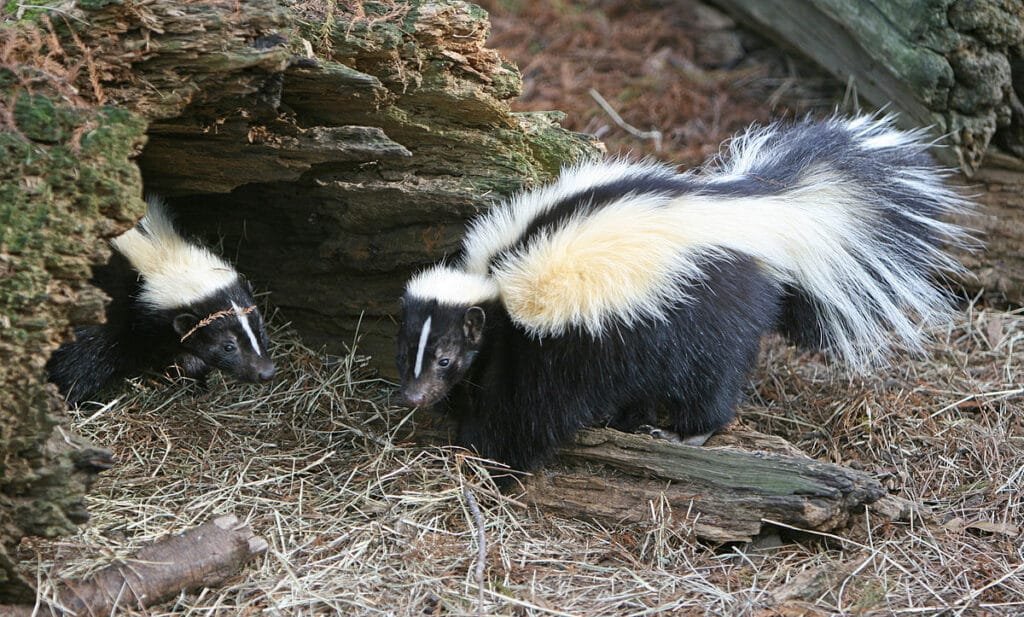
Skunks are one of the most disturbing chicken predators that leave a foul smell behind.
Besides that, they may not eat your full-grown chicken or pullets, but your unfertilized, fertilized eggs and chicks are going for it.
Key signs of skunk predation.
- Dead chicks.
- Missing eggs.
- Faint foul skunk odor.
- Leaves the muscles and skin behind.
Prevention
- Because skunks are opportunists, they only attack if there is a chance. So secure all grounds and lock your coop.
#7. Badgers:

In Africa, Badgers are the most chicken predators that attack the coop basically for eggs and chicks.
They are relentless and will always come back for more if nothing is done.
Key signs of badger predation.
- Your coop will be ripped apart.
- The chicken coop floor will be dug so deep.
Prevention
- Because badgers are great diggers, ensure you extend the chicken floor outward by two to three feet.
- If your coop location is at the risk of badgers, use an electric fence to keep them away.
#8. Rats:

Rats?
Yes, rats are one of the most disturbing chicken predators that threaten chicks.
Constantly, we used to find our pullets pulled into a rat hole from the head.
What does that?
Rats!!!
Basically, rats attack the coop for eggs and kill chicks.
Their presence not only kills birds but also leave their droppings behind leading to the spread of disease
Key signs of rat predation.
- You’ll see bites on the chicks’ legs and thighs.
- Also, you can pick a partially eaten chick with its head pulled down a rat hole.
Prevention
- Block all rat holes
- Actually feed attracts rats. So, keep the feeds in a chew proof container.
- Set traps using rat poisons.
- A barn cat will do as long as it does not bother your chickens.
#9. Snakes:
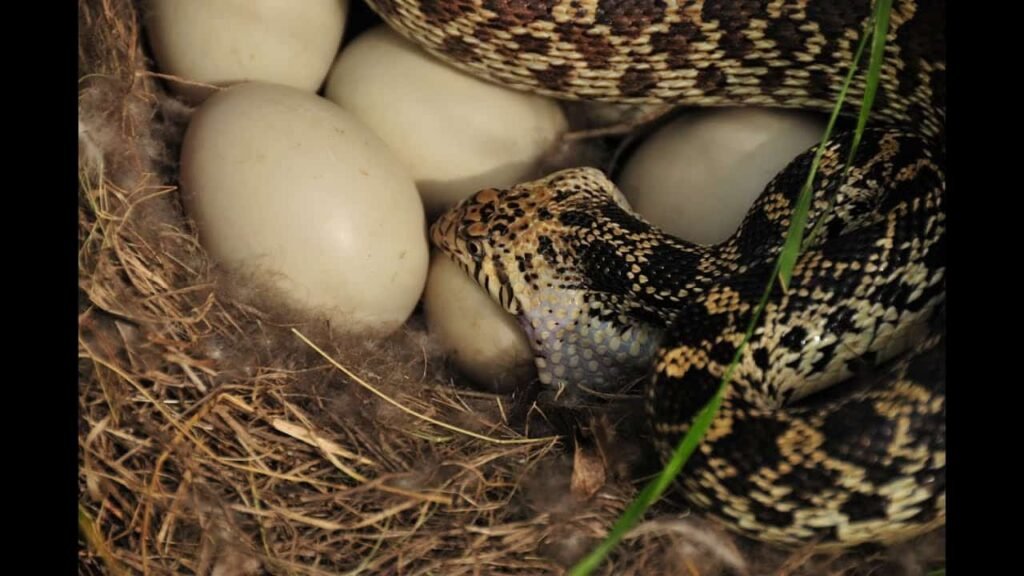
Next on our list of chicken predators are the crawly snakes.
Snakes love eggs and small chicks.
They can swallow as many eggs as possible and lay helpless in the coop.
Although they can affect the farm drastically, they are also handy in keeping the rats and mice away.
Key signs of snake predation
- Missing eggs.
- Bruised and missing chicks.
Prevention
- Close all large and small holes.
#10. Bobcats:
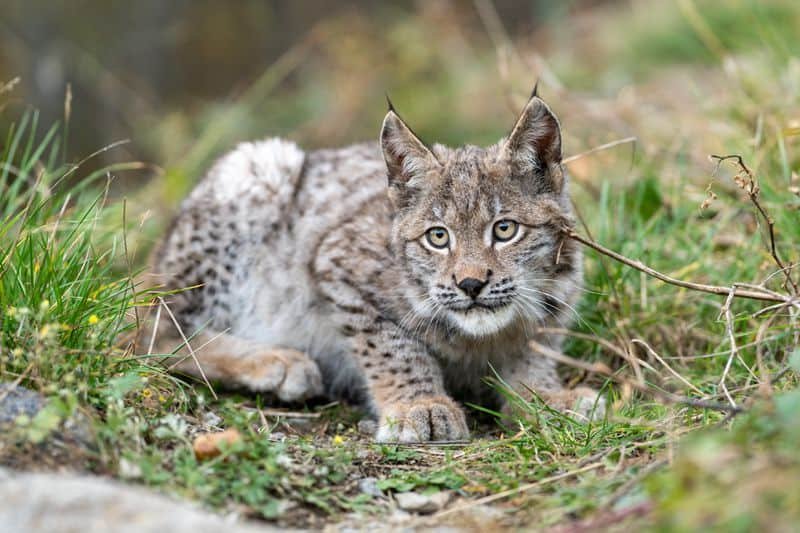
Bobcats have a size a little larger than a medium-sized dog.
They are popular chicken predators in rural or semi-rural areas.
Key signs of bobcat predation
- Headless bodies of chickens streaming around.
- Also, you will see claw marks on the back, neck and sides of escaped chickens.
- Chicken bodies will be partially covered with litter.
Prevention
- Ensure all doors are locked at night.
- Secure all windows and vents.
#11. Crows and Jays:
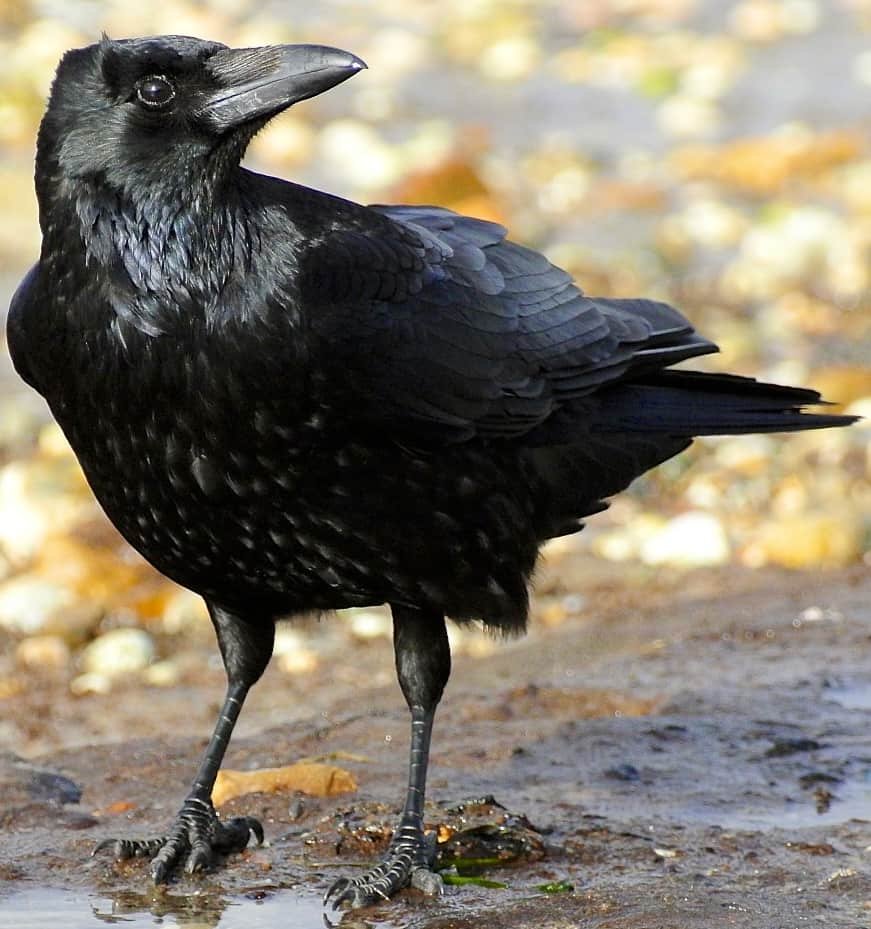
Crows and jays are large birds that steal eggs for a protein snack but they do not attack chickens.
Key signs of crow predation
- Missing eggs.
- Eggshells in nests or near the coop.
Prevention
- Protect your nesting boxes.
- You should stop the chickens from nesting outside.
#12. Opossums:

Opossums, although chicken predators are more of the scavenger crew.
They clean up and help you eat the ticks and mites that plague your chickens.
However, while they are at that, they eat your chicks and eggs happily.
Key signs of opossum predation
- Missing chicks
- Empty eggshells scattered around the nest.
Prevention
Because they are advantageous, you might want to keep them around.
But here’s what you can do;
- Collect eggs a couple of times a day.
- Keep the feed secured in a container because they love it too.
#13. Owls:

By nature, owls are nocturnal raptors.
They are one of the chicken predators that invade at night.
You may not know they are around unless they hoot.
The owl’s wings are designed to make a silent flight.
Key signs of owl predation
- A few feathers on the fencepost or under a tree.
- There will be no clue and dead bodies. If there is, there will be deep gouges on the head and neck area.
Prevention
- Secure the pen at night.
- Do not allow the birds to roost on the trees.
How do I keep chicken predators away?
Although we have listed some preventive measures depending on which chicken predator you face, we want to give you more tips on how to keep your chicken buddies safe.
1. Prepare the coop:
Always do a regular check on your chicken coop.
Ensure there are no holes and spaces from which the chicken predators can meander.
Use strong hardware where possible.
2. Lock up the chickens at night:
The nighttime is a great predation time for owls and other chicken predators that do not like humans.
Ensure the coop is closed and locked adequately.
And that includes the vents and windows.
3. Make some noise:
Many animals have an aversion to humans.
Most wouldn’t come near if they see human activity, that’s why a scarecrow keeps predator birds miles away.
However, at night, playing a radio by the coop is a good deterrent to keep any intending predator away.
4. Get a rooster:
In our article, “how do chickens mate?” we see that a rooster will do anything to become the “King of the flock” and that includes fighting a predator.
So, a rooster will be a good deterrent to protect the hens.
5. Get livestock guardian dogs:
A well-trained dog can serve as a guardian angel to your chickens outside the coop.
Most chicken predators are afraid of dogs, if you have them around, it will keep the predators away.
6. Limit Free Range Time:
If you want to keep the predators away from the coop, do not invite them.
How?
Limit free-range time.
You will agree with me that predator attacks usually occur when the chicks are outside.
So, it’s advisable to keep your flock in the coop.
Frequently asked questions about chicken predators
How do you get rid of chicken predators?
Getting rid of a chicken predator will depend on the signs you picked up from the raid.
First, you will have to analyze the signs and identify the predator.
Up next is to use either of the preventive measures stated up to get rid of them from the coop.
How do you tell what is killing my chickens?
Identify how the killing is done.
If you see a chick trapped in a hole, it’s definitely rat predation.
However, if you perceive a foul smell after an attack, it’s probably a skunk.
If you see scratches, it could be a bird or bear.
So, focus on the signs left after the attack to identify what is killing your chickens.
What attacks chickens during the day?
Majorly, birds and snakes attack the flock during the day.
What would kill my chickens but not eat them?
The opossum will kill your chicks and leave them there.
They majorly lookout for leftover dead meats and eggs.
What will keep chicken hawks away?
Scarecrow keeps the hawks away.
What predator leaves a pile of feathers?
Majorly, owls and other birds will leave feathers as a sign of predation.
Summary
Everyone loves a chicken dinner, even a rat.
So protecting your chicks from unnecessary hands is ideal if you want to get the best out of your flock.
Adopt the best possible ways to keep chicken predators away.
Let us know any of the tips you used to get rid of chicken predators in the comments section below…
References
- 12 Best Chicken breeds for Eggs – chicken breeds for eggs
- When Do Chickens Start Laying Eggs Regularly?
- How Many Eggs Does A Chicken Lay In A Week?
- Fermenting chicken feed – The definitive guide
- 10 Sure Ways To Stop Chickens from Eating Their Eggs [+Bonus]
- 6 Best Chicken Egg Incubators for Chicken Eggs and Other Birds
